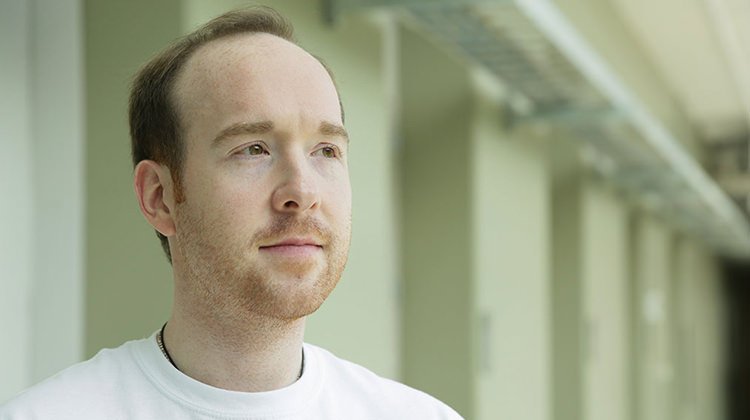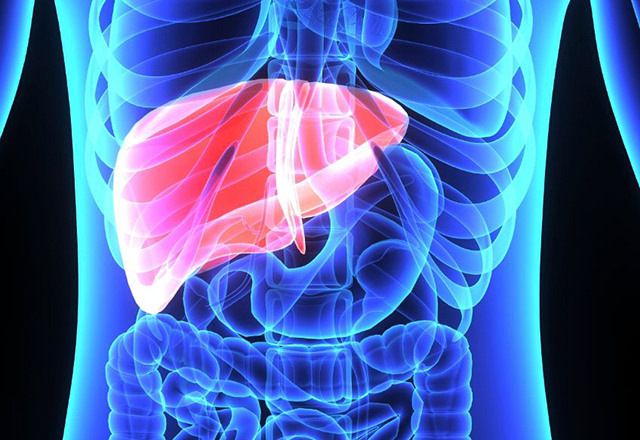For many people suffering from one kidney condition or another, there are many questions to be asked: what are my treatment options? How can I donate my car to charity for kidney research? What do I eat and drink to reduce my symptoms? What kind of exercise should I be getting? Your doctor will have most of those answers for you, the experts at Kidney Cars can help you donate your car, and here are a few tips for incorporating a simple walking program into your day to help improve kidney function. Read more from the National Kidney Foundation.
Nearly 106,000 U.S. residents are waiting for a lifesaving transplant
The number of U.S. residents on the waiting list for a lifesaving organ transplant totaled 105,960 men, women and children as of late May, according to the United Network for Organ Sharing (UNOS), the nonprofit group that manages the nation’s transplant system under contract with the federal government. On average, 17 people die each day while waiting for an organ transplant.
In 2021, 41,354 transplants were done, with organs from 20,401 donors, including both deceased and living donors. Kidneys are the most frequently transplanted organ, followed by the liver, heart, lungs, pancreas and intestines. Kidneys accounted for more than half of transplants performed last year (24,670) and represent the organ needed by more than 80 percent of those on the waiting list. Read the complete story in The Washington Post.
Study outlines risk factors for autoimmune hepatitis after liver transplant
A multicenter study performed by a large international consortium that includes UT Southwestern has outlined a set of risk factors and outcomes for patients with autoimmune hepatitis (AIH) that recurs after liver transplantation. The findings, published in the Journal of Hepatology, represent a first step toward better managing and potentially preventing this uncommon condition.
“Autoimmune hepatitis is a very rare disorder of the liver, and liver transplant is a rare surgical procedure, with only 9,236 performed in the United States in 2021.
Read the full story in News Medical Life Sciences.
Q&A: Kidney donations from deceased donors with COVID-19 seen as safe
Kidney transplant recipients do not contract COVID-19 from accepting a kidney donation from a COVID-19-positive deceased donor, according to data published in the Journal of Urology.
In a retrospective review, the Cleveland Clinic transplant team examined data for 55 patients who received a kidney donation from 34 deceased donors with COVID-19 between February 2021 and October 2021. All donors tested positive for COVID-19 within a median of 4 days of organ donation. Read more in Healio.
Researchers develop a patient preference survey for wearable kidney replacement devices
Researchers developed a patient preference survey intended to show maximal acceptable risk for using a kidney replacement device and willingness-to-wait for devices with lower risk.
“Catalyzed by U.S. regulatory reform and the Kidney Innovation Accelerator (KidneyX) prize competition, there has been unprecedented [kidney replacement therapy] KRT research and development in recent years. Read the full story in Healio.
Cognitive Behavioral Therapy versus Sertraline for Depression in Patients with Kidney Failure Receiving Hemodialysis
A recent study of patients with kidney failure receiving outpatient hemodialysis1,2 found similar effectiveness between nonpharmacological and pharmacological treatments for depression.
Depression is common among patients with kidney failure and is associated with poor outcomes including higher risk of kidney function decline, hospitalization, and death. In the United States, the Centers for Medicare & Medicaid Services (CMS) requires dialysis facilities to screen patients for depression. Positive screenings require kidney care teams to create a follow-up plan for further assessment and treatment.3
Read the full article from Patient-Centered Outcomes Research Institute.
How Kevin Schnurr Honors His Gift of a New Kidney
On May 6, 2014, all Kevin Schnurr had to do was remember his name and date of birth.
So—on May 6, 2014—Kevin awoke from surgery, and doctors and nurses asked him his name and date of birth.
Kevin successfully replied, “My name is Kevin Schnurr … and I was born on March 31, 1986.”
Read the full story on CareDx.com.
What are the Risks of Donating a Kidney?
There are approximately 100,000 people in the United States waiting for a kidney, and many more living kidney donors are needed to give kidney patients a chance to receive a life-saving kidney transplant. If you are considering becoming a living kidney donor, you may be wondering whether kidney donation is safe, or if there are any risks associated with kidney donation surgery.
A new study by the Mayo Clinic confirms that the risk of major complications for living kidney donors is minimal. Of the 3,002 living kidney donors who underwent laparoscopic kidney donor surgery at the Mayo Clinic transplant center from 2000 to 2019, 12.4% had minor post-surgical complications. Just 2.5% of patients in the study experienced major complications, and all made a complete recovery. The study tracked complications that occurred up to 120 days after surgery. Read more from the National Kidney Registry.
‘Liver Sisters’ celebrate 20 years of successful living donor liver transplant
They often shared a church pew on Sundays in their Spartanburg, South Carolina, church, but now Karen Randall and Kathy Hodge share much more and have for 20 years. Called the “Liver Sisters” by Hodge’s husband, the two have an incredible bond that has been celebrated throughout the years and every April during National Donate Life Month.
Healthy all her life, Randall was diagnosed with an autoimmune disorder, primary biliary cholangitis, during a routine check-up in 1995 when she was 41-years-old. The disorder inflames the bile ducts between the liver and the small intestines, which eventually collapse and cause liver damage. The progressive disease would mean that Randall would need a liver transplant within five years. Read the full article from Emory News Center.
Early outcomes favorable among transplant recipients whose donors had COVID-19
In the third installment of a three-part video series, Heather Stefanski, MD, PhD, discusses the impact of COVID-19 on the National Marrow Donor Program/Be The Match.
“One of the common questions we received … is what to do when a donor tests positive for COVID-19,” Stefanski — vice president of medical services for National Marrow Donor Program/Be The Match — told Healio. Read more in Healio.









